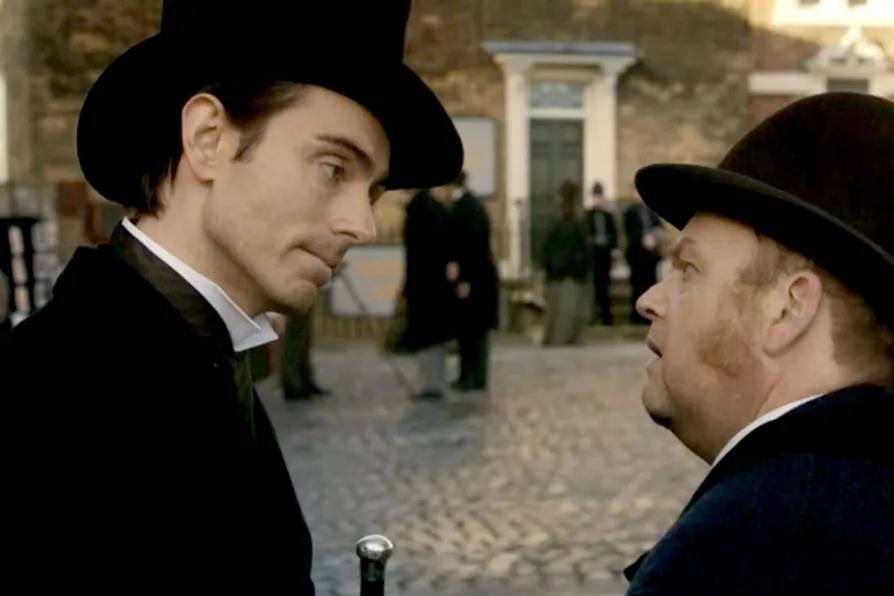RON JACOBS welcomes a timely history of the Anti Imperialist league of America, and the role that culture played in their politics
Biography: Joseph Conrad
Enlightening overview of a literary pioneer

 SPOOKY: Russian spy Verloc (Toby Jones, right) is instructed by Vladimir (David Dawson) to blow up the Greenwich Observatory in 2016 BBC production of The Secret Agent
SPOOKY: Russian spy Verloc (Toby Jones, right) is instructed by Vladimir (David Dawson) to blow up the Greenwich Observatory in 2016 BBC production of The Secret Agent
IN A Penguin readers’ list of the 100 must-read classic novels, Joseph Conrad appears only once, at number 92.
Unsurprisingly, the named work is his short novella Heart of Darkness, often found on college syllabuses and the subject of Francis Ford Coppola’s 1979 blockbuster film, Apocalypse Now, which relocated the action from the menacing hinterland of the turn-of-the-century Congo to the US genocide in Vietnam.
Similar stories

Ben Cowles speaks with IAN ‘TREE’ ROBINSON and ANDY DAVIES, two of the string pullers behind the Manchester Punk Festival, ahead of its 10th year show later this month

RON JACOBS welcomes the long overdue translation of an epic work that chronicles resistance to fascism during WWII

JESSICA WIDNER explores how the twin themes of violence and love run through the novels of South Korean Nobel prize-winner Han Kang

JOHN GREEN surveys the remarkable career of screenwriter Malcolm Hulke and the essential part played by his membership of the Communist Party










